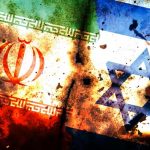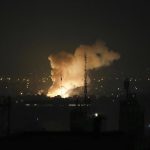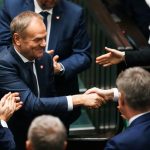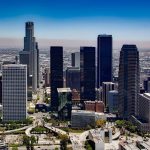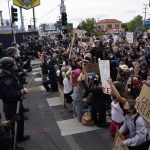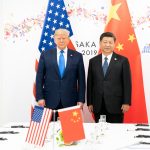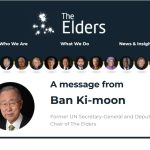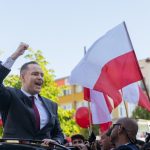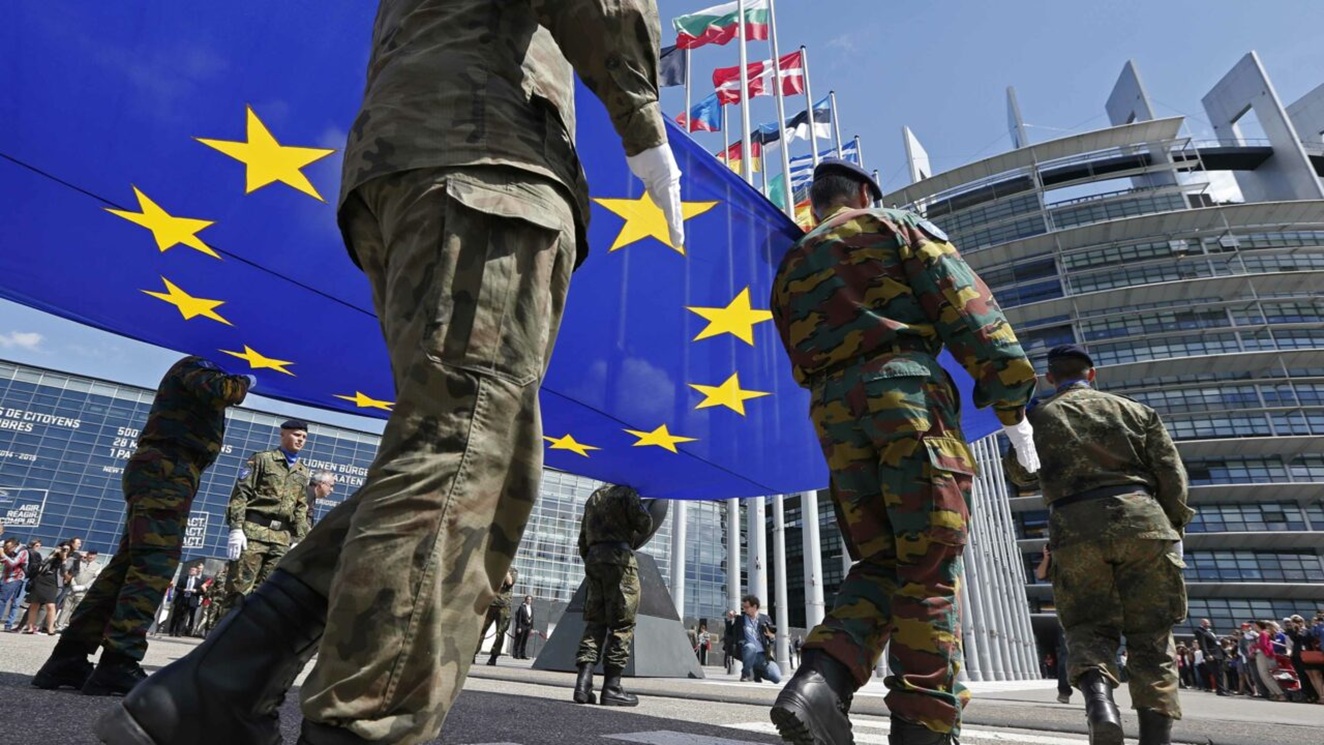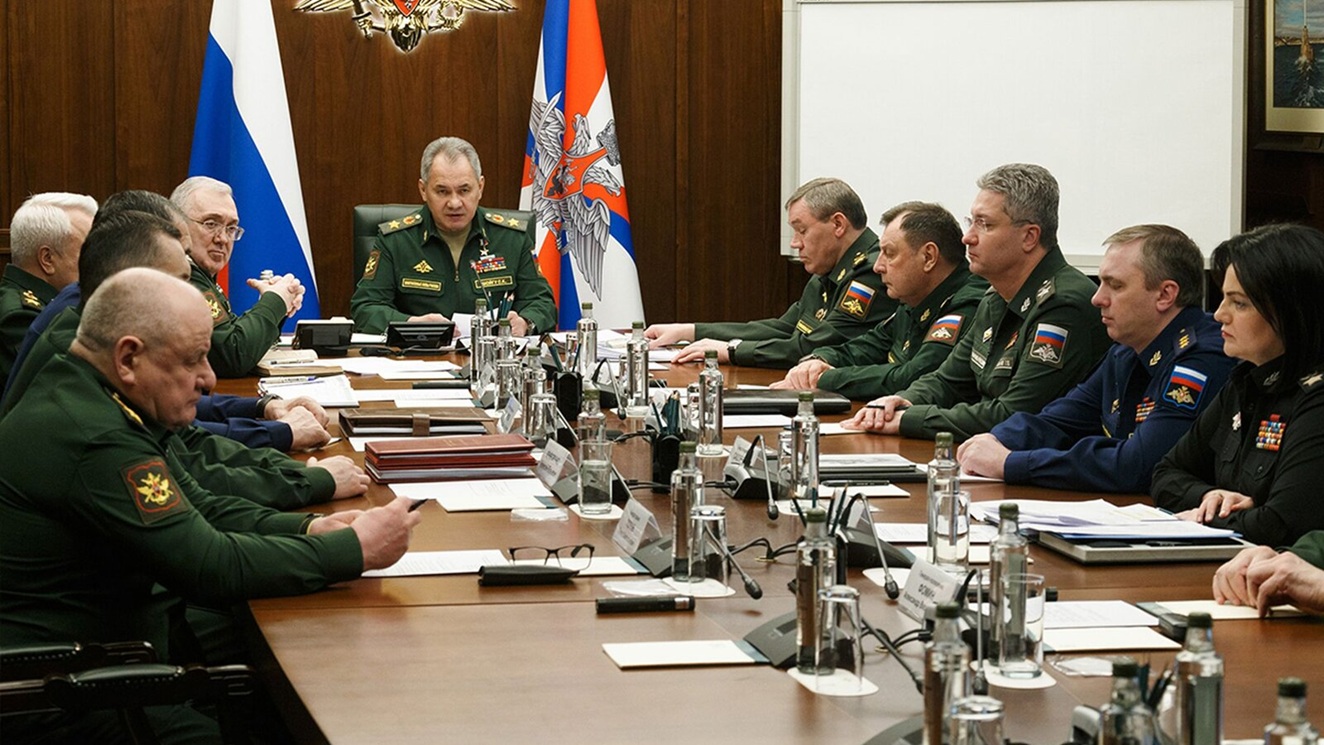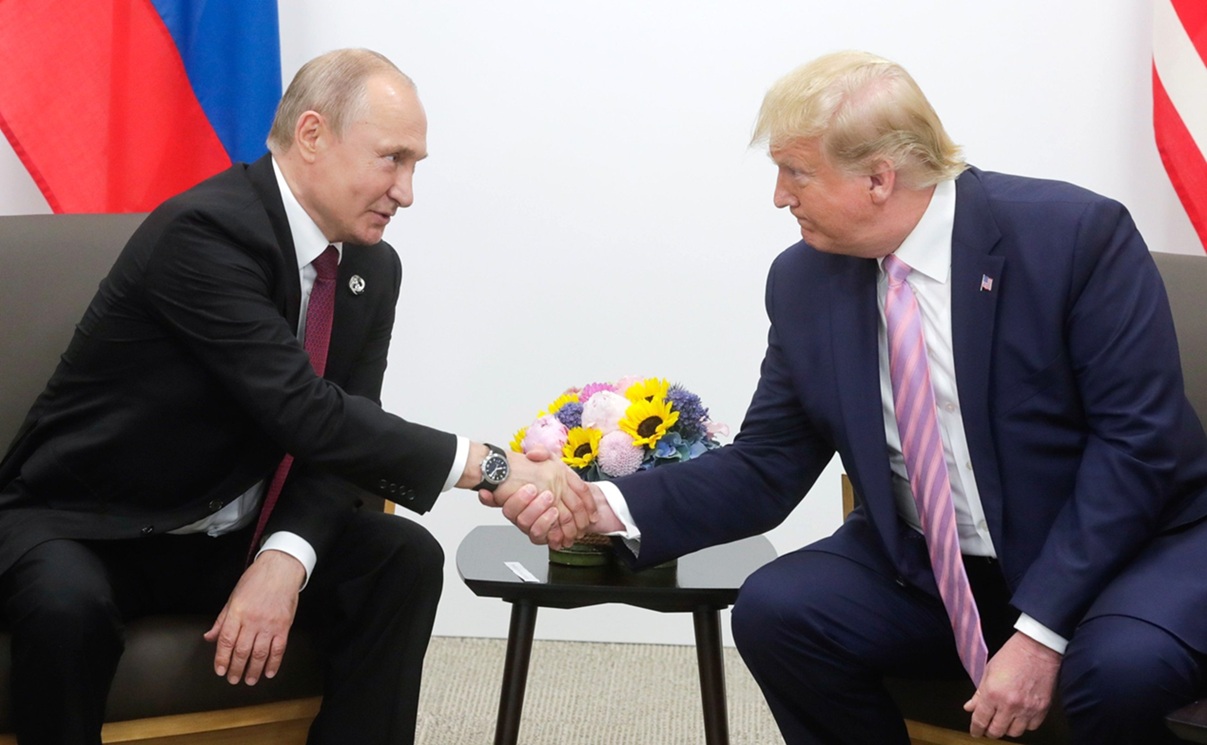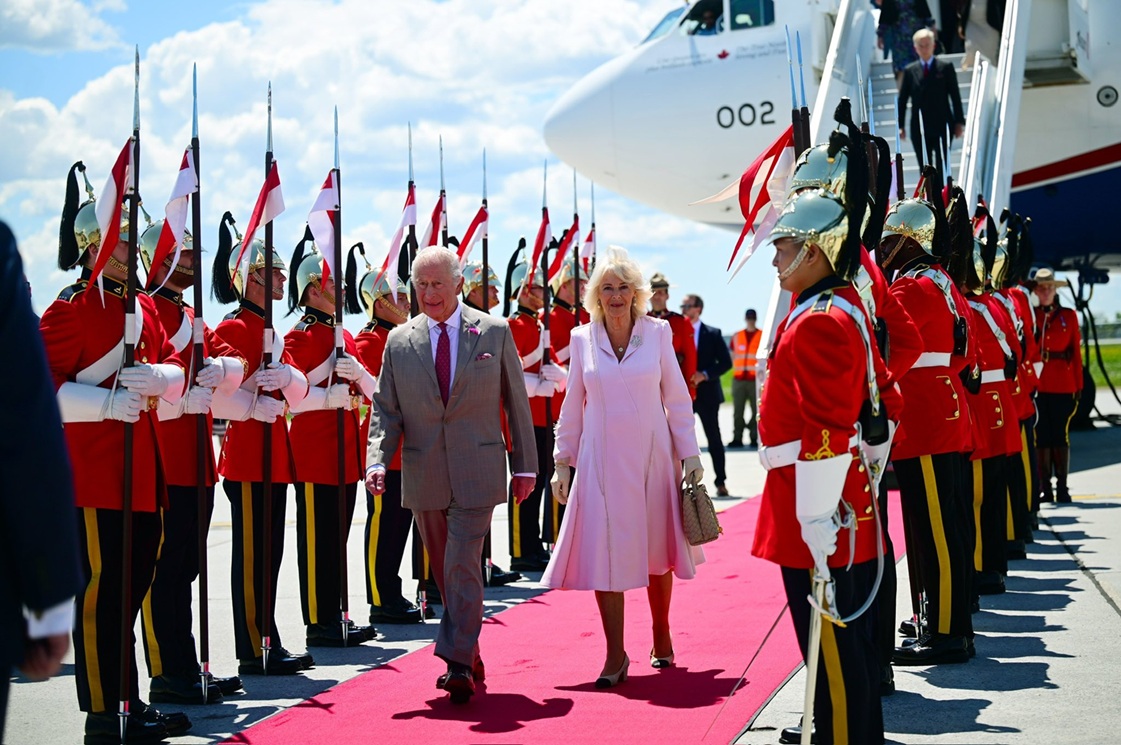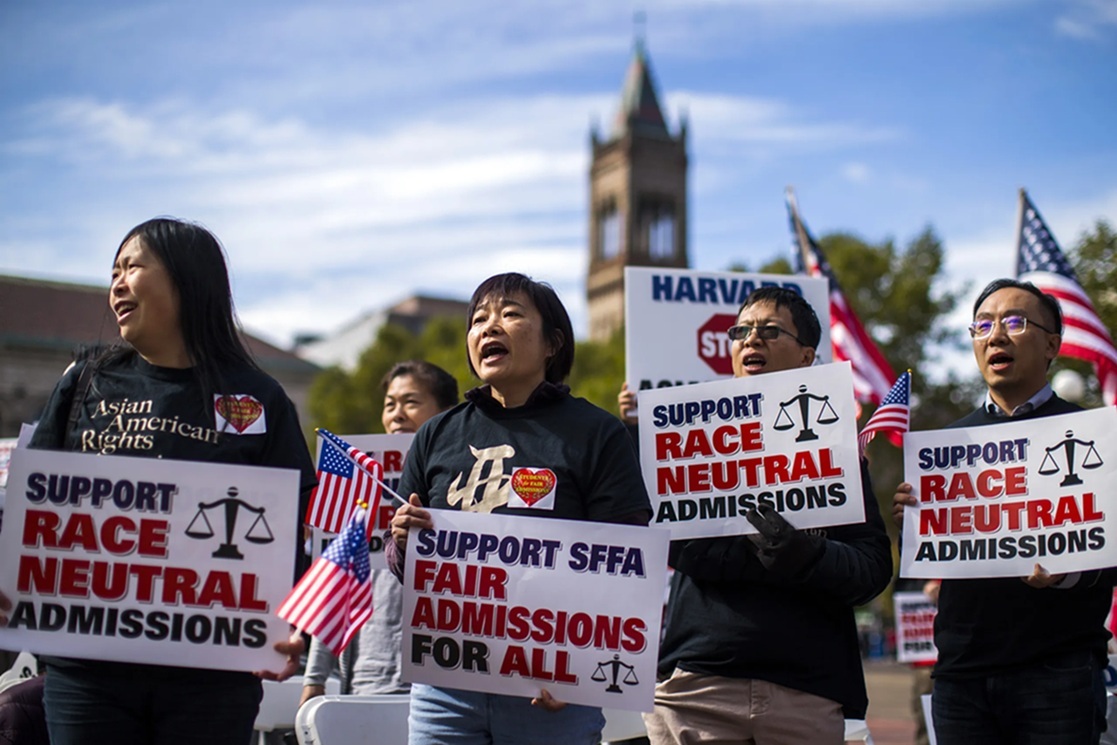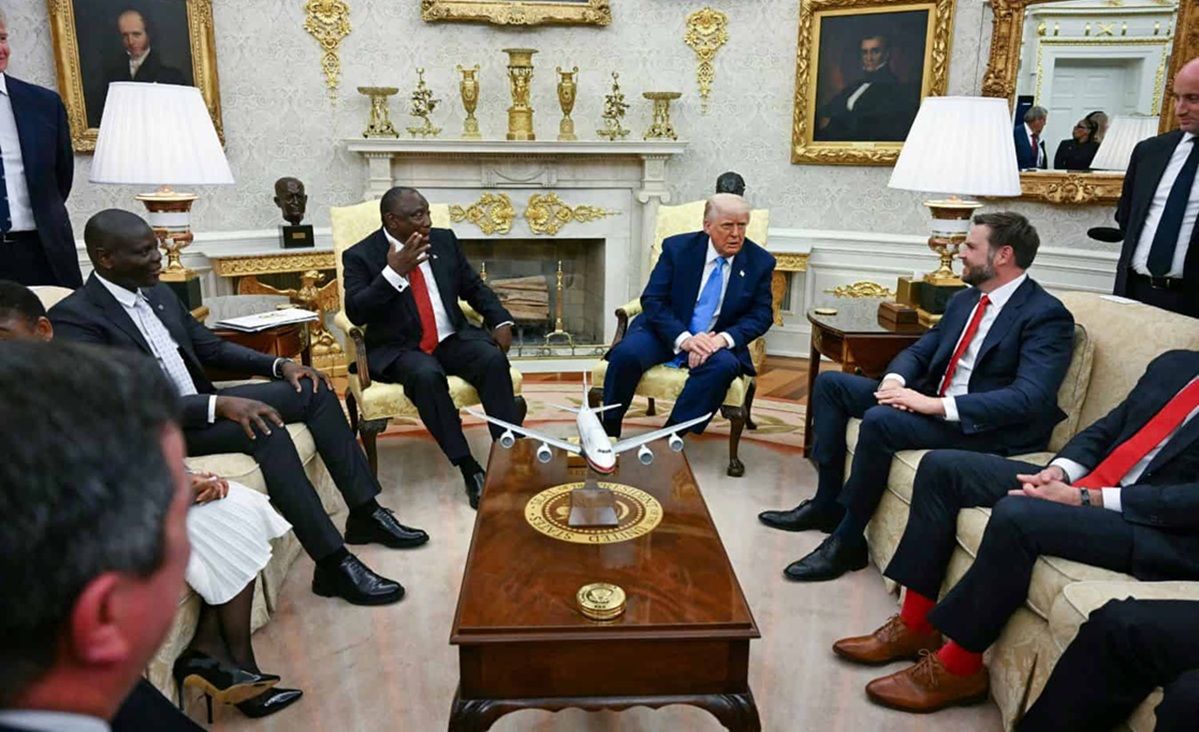Dear Friends,
Last month, The Elders marked thirty years since Nelson Mandela was released from imprisonment by South Africa’s apartheid regime: we looked back on shared memories of our courageous founder.
Mandela dedicated his life to a determined struggle against domination, injustice, and inequality. He had a deep understanding of, and faith in, the value of international cooperation and multilateral action to face complex challenges.
Unfortunately, we have seen clear examples of the follies of an unequal and undemocratic approach to international policy-making in the past month, including the so-called “Deal of the Century” for the Israeli-Palestinian conflict unveiled by US President Donald Trump at the White House.
The Elders are deeply concerned by the nature and implications of this plan which is imbalanced, destabilising and unworkable.
As was clearly seen during its presentation, this was a joint Netanyahu-Trump plan to address the two men’s respective difficulties with the law and electoral ambitions, not the Palestinian question.
As Prime Minister Netanyahu said, the plan “was for immediate implementation, whether the Palestinians accepted it or not”.
It seems likely that Prime Minister Netanyahu will continue in office following the most recent Israeli election, but this does not alter the fundamental realities of the conflict, which are rooted in injustice, dispossession and disdain for rights and law.
A two-state solution based on the 1967 borders, which can deliver rights, justice and security to Israelis and Palestinians alike, remains the most effective way to bring true, much-needed peace to the region.
All UN Security Council members and other key actors, including the European Union and the Arab world, need to re-engage in the hard work for a durable and just peace.
At the same time, The Elders salute the courageous civil society organisations on both sides of the Green Line who still adhere to the principles of peace, justice and reconciliation despite the harassment and pressure they face daily.
We also remain convinced that dialogue is the only way to defuse tensions and promote peace across the Middle East
Ban Ki-moon travelled to Riyadh last month to meet with Crown Prince Mohammed bin Salman.
The security of the Middle East was at the forefront of their discussions, including solutions to resolve regional conflicts and advance development, as well as preparations for the G20, hosted by Saudi Arabia in November.
I joined Ban Ki-moon and Gro Harlem Brundtland later in February for the Munich Security Conference which shed further light on the growing unease around the world’s ability to deal with security challenges.
Nevertheless, we held several fruitful meetings with the foreign ministers of Jordan, Kuwait and Iran on security in the Middle East, and particularly on the need for increased dialogue to alleviate regional pressures.
We also met the head of the Comprehensive Test Ban Treaty Organisation to discuss our continuing concerns about nuclear disarmament and non-proliferation, and raised the issue again at a meeting with senior members of the US Congress, including Speaker Nancy Pelosi.
We will continue this dialogue in the months ahead, as well as supporting eloquent and determined young people who are making their voices heard in the global debates around the climate crisis, peace and security.
Speaking to students at the Technical University of Munich, Ban Ki-moon expressed his hope that this new wave of youth activism would lead to meaningful action, echoing the words of our former Chair of the Elders, the late Kofi Annan:
‘When leaders fail to lead, the people will lead and make them follow.’
Lakhdar Brahimi
Featured Image: Lakhdar Brahimi; Former Algerian freedom fighter, Foreign Minister, conflict mediator and UN diplomat; an expert in peacekeeping and post-conflict reconstruction. Lakhdar Brahimi has been a member of The Elders since the group was founded in 2007.
12/03/2020







